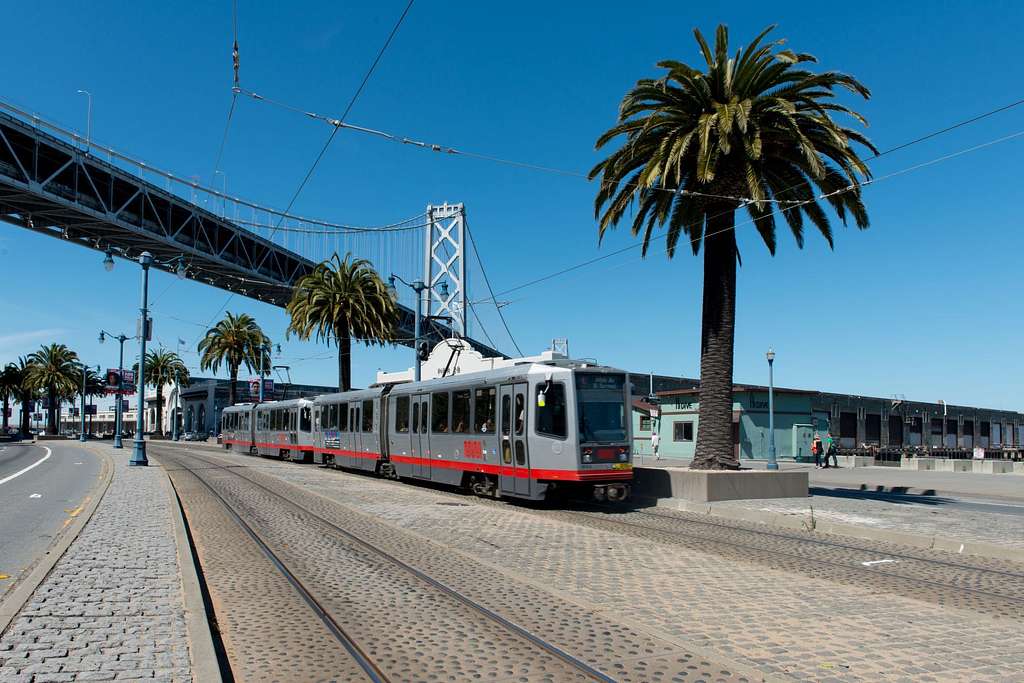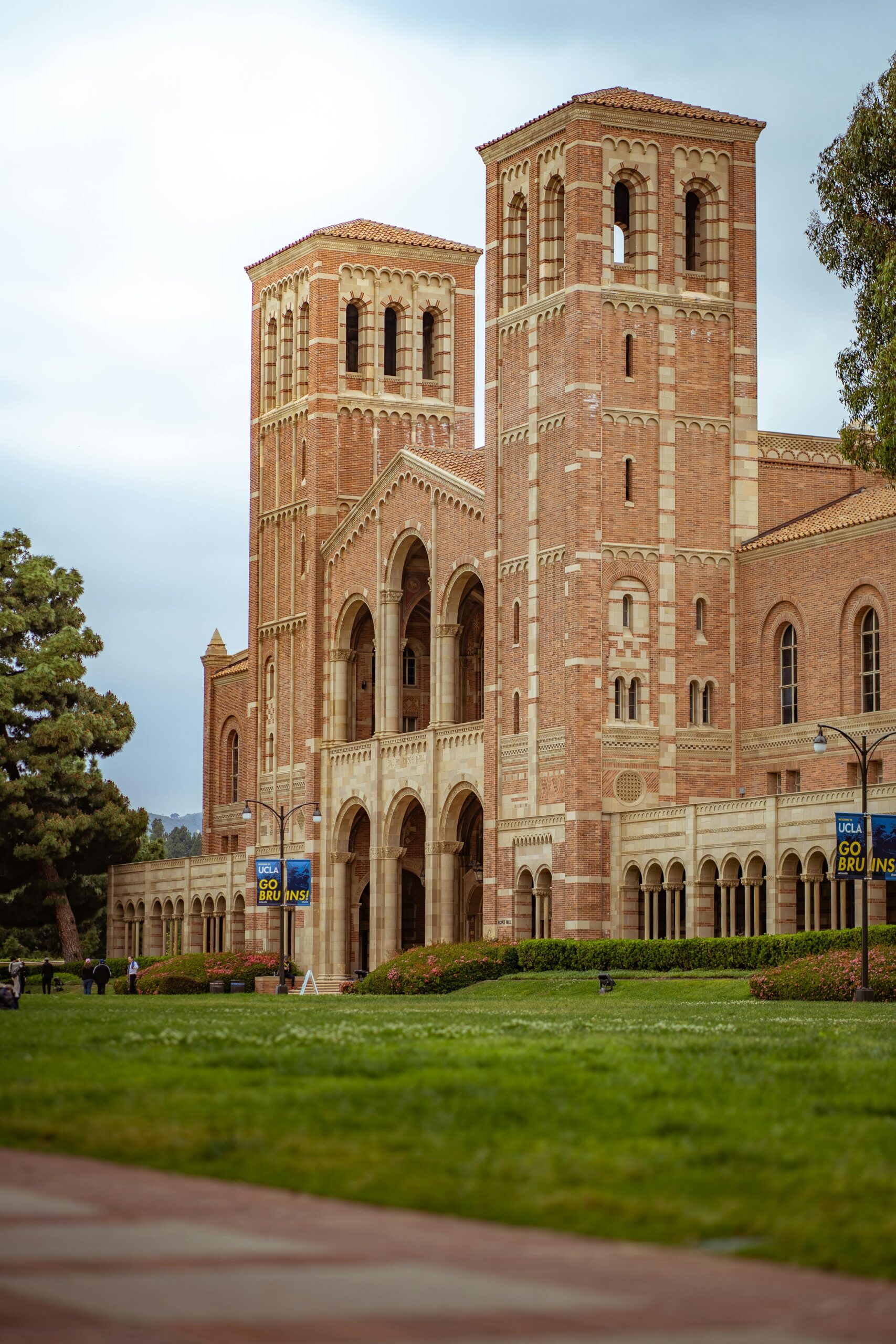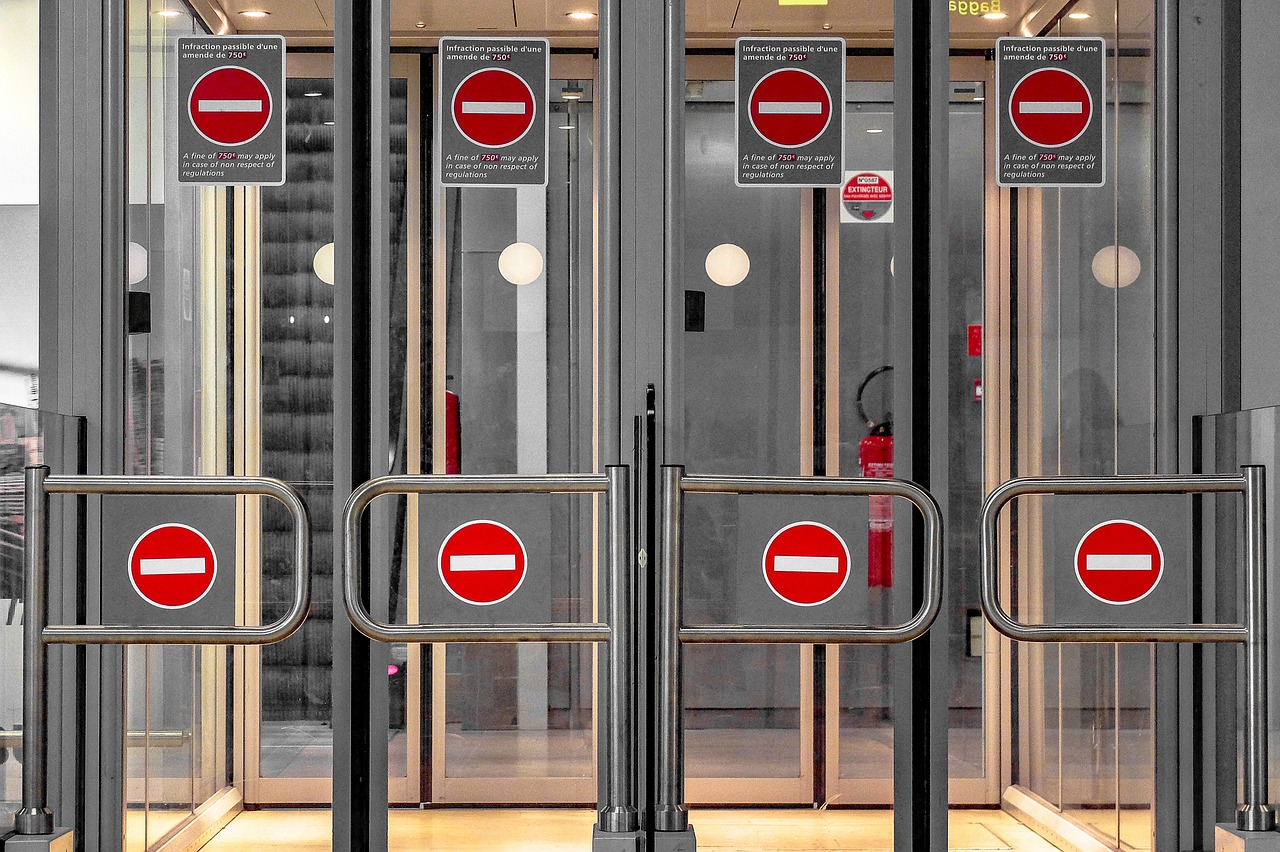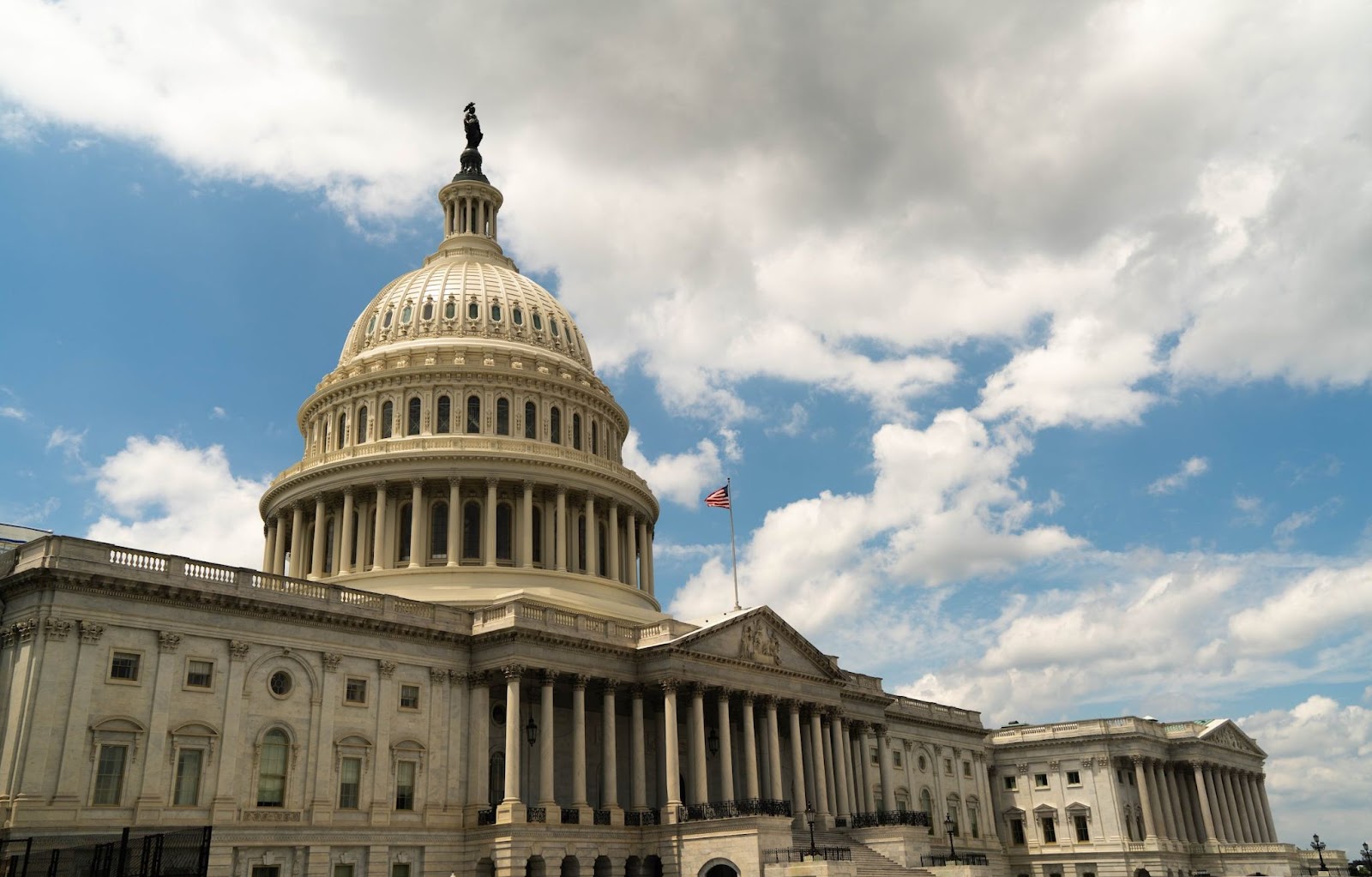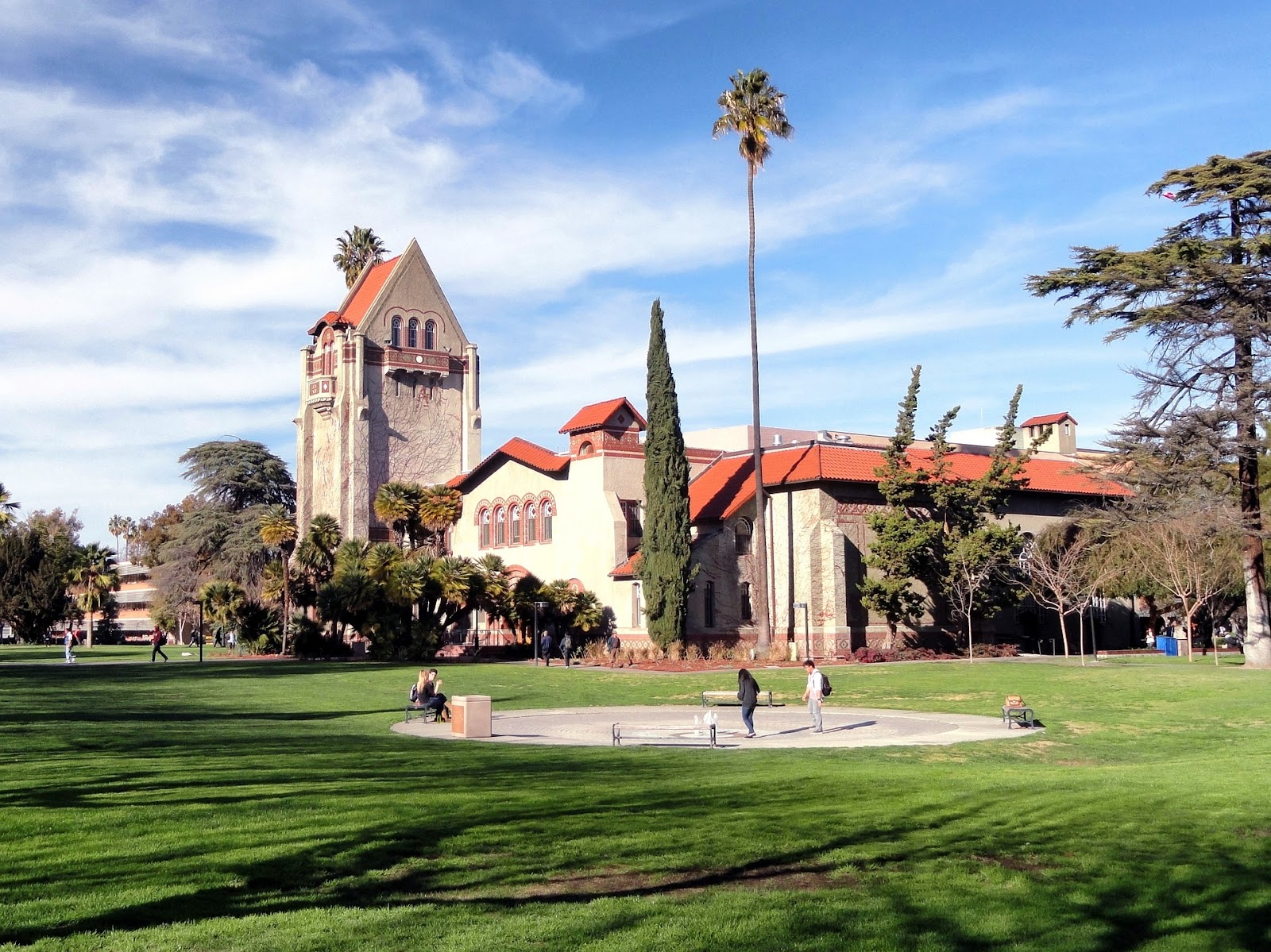Alameda, a city in the Bay Area, has recently made headlines for offering the biggest signing bonus in the country for new police officers: a whopping $75,000. This incentive far exceeds neighboring cities’ offers, has raised eyebrows, and sparked discussions about its underlying motives.
According to Alameda’s new police chief, Nishant Joshi, the bonus is not just about putting money in officers’ pockets. Instead, it is a crucial step towards achieving the department’s goal of implementing progressive, reform-minded policing. “Community policing is about building relationships,” Joshi explained. “It’s hard to do that when covering three or four neighborhoods because of a staffing shortage.”
Currently, the Alameda Police Department is facing a staffing deficit of 30%, which has resulted in mandatory overtime for officers and a shortage of traffic enforcement. The hope is that the $75,000 bonus will attract the best talent from both inside and outside the region and ultimately help fill the long-standing vacancies within the department.
But why such a high bonus? After all, $75,000 is more than some officers make in a year. City officials argue that the hefty amount is necessary to compete with other cities in the area and attract top candidates. “In a perfect world, you get all the candidates, and then you’re able to select the best,” Joshi said. “I don’t want to compete with anyone. I want to be at the top.”

The move has been met with some criticism, however. Some argue that offering such a large bonus could attract candidates who are only interested in the money rather than the community they will serve. Others point out that the reward may not be a sustainable solution in the long run and that the department will eventually need to address the underlying issues causing the staffing shortage.
Despite the criticism, Joshi remains optimistic about the impact the bonus will have on the department and the community it serves. “It’s not just about filling vacancies,” he emphasized. “It’s about attracting officers committed to community policing and building relationships with the people they serve.”
Indeed, community policing has become a buzzword in recent years as police departments nationwide face increased scrutiny and calls for reform. The idea is to shift away from a “warrior” mentality and towards a “guardian” mentality, where officers work to build trust and understanding with the community they serve.
In Alameda, Joshi hopes the $75,000 bonus will attract new officers and help shift the department’s culture towards a more progressive, community-oriented approach. “We want officers committed to this kind of policing,” he said. “We want officers who understand that their job is to serve the community and protect everyone’s rights, not just enforce the law.”
Only time will tell if the bonus will have the desired effect. But for now, Alameda is boldly addressing its staffing shortage and moving toward a more progressive approach to policing. Whether it will pay off, in the long run remains to be seen, but one thing is clear: the city is taking the issue seriously and is willing to try new approaches to address it.













































